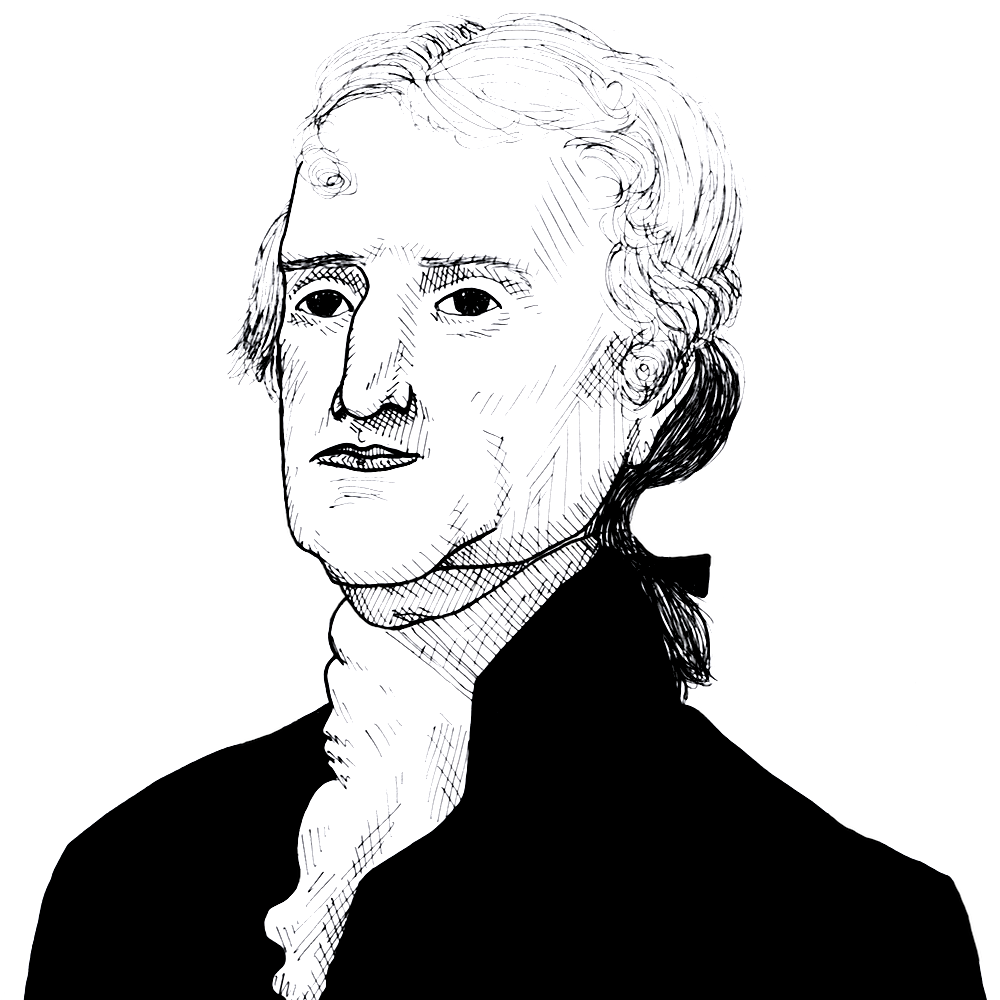
Jefferson on how Congress misuses the inter-state commerce and general welfare clauses to promote the centralization of power (1825)
Found in: The Works, vol. 12 (Correspondence and Papers 1816-1826)
Barely 8 months before he died, Thomas Jefferson (1743-1826) wrote to the Virginia politician William Giles about the threat posed by the usurpation of states rights by a growing federal power. He identifies inter-state commerce and the “general welfare” clause as especially dangerous:
Presidents, Kings, Tyrants, & Despots
I see, as you do, and with the deepest affliction, the rapid strides with which the federal branch of our government is advancing towards the usurpation of all the rights reserved to the States, and the consolidation in itself of all powers, foreign and domestic; and that, too, by constructions which, if legitimate, leave no limits to their power. Take together the decisions of the federal court, the doctrines of the President, and the misconstructions of the constitutional compact acted on by the legislature of the federal branch, and it is but too evident, that the three ruling branches of that department are in combination to strip their colleagues, the State authorities, of the powers reserved by them, and to exercise themselves all functions foreign and domestic. Under the power to regulate commerce, they assume indefinitely that also over agriculture and manufactures, and call it regulation to take the earnings of one of these branches of industry, and that too the most depressed, and put them into the pockets of the other, the most flourishing of all.